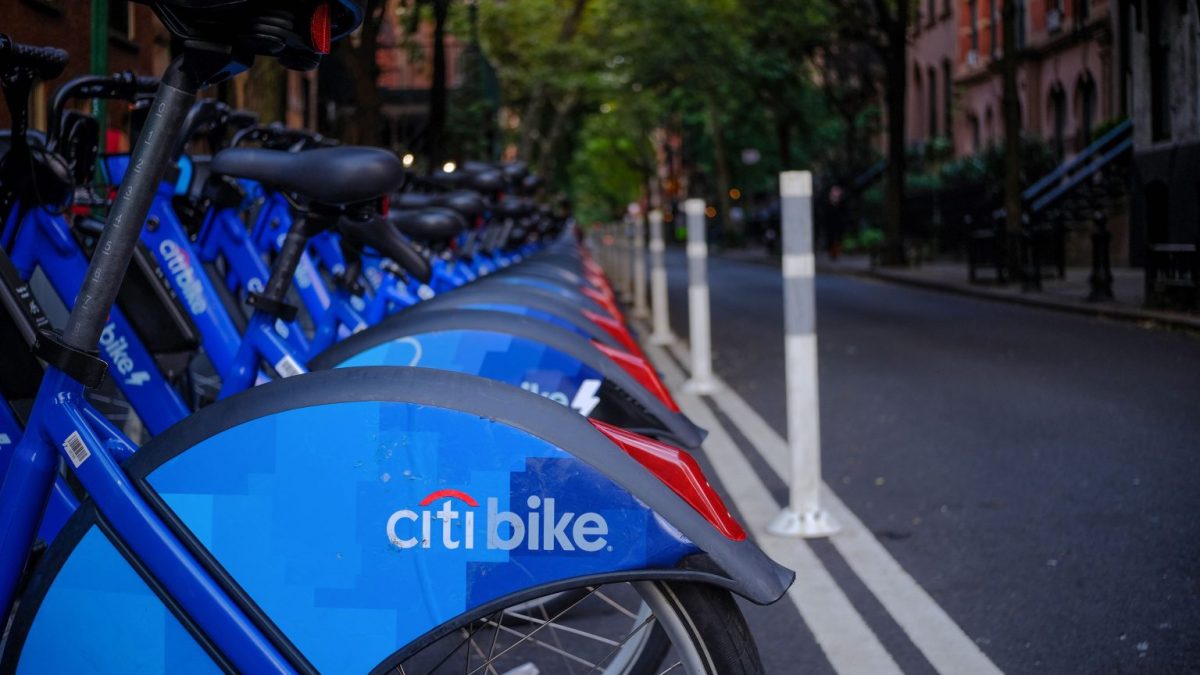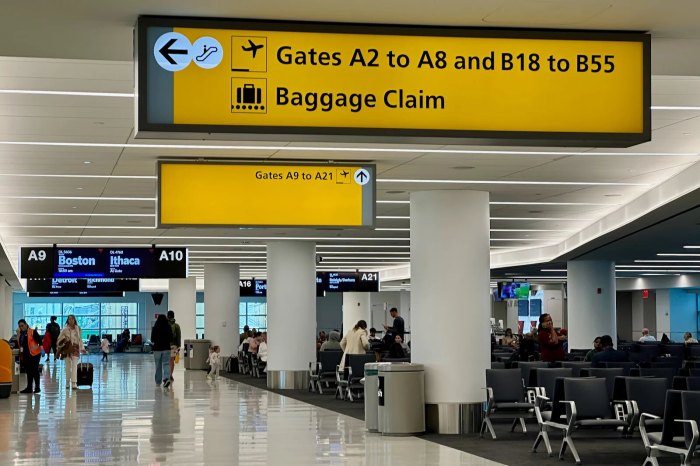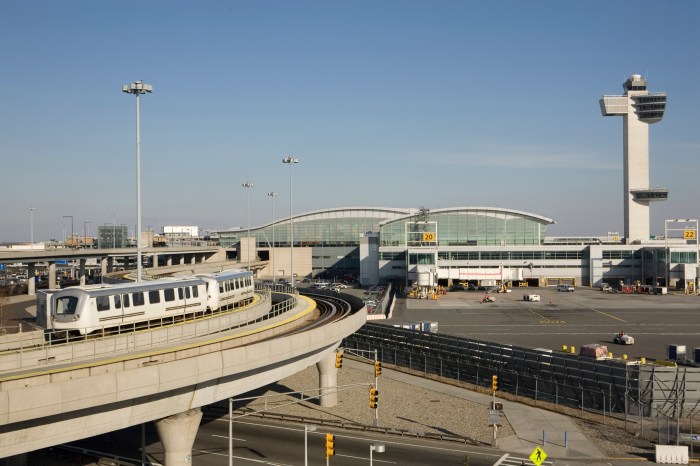In order to prompt more children to bike to school – and an overall boom in cycling – city Comptroller Scott Stringer is asking the Department of Education to adopt a program with Citi Bike as in-person classes are expected to resume on a limited basis on Sept. 21.
Stringer cited data gathered between 2009 and 2015 that showed the number of kids pedaling to and from home dropped from 23 percent to 18 percent. His proposal points to biking as a potential solution as the DOE considers how to get students to and from safely considering COVID-19 and reduced capacity on buses.
The comptroller’s proposal includes the implementation of a half mile of bike lanes around 50 schools in the city within the next year. Additionally, it suggests that the DOE provide free bicycles or Citi Bike memberships to every low-income public high school student.
“Reimagining our streets is not a job we can postpone until after the pandemic. Congestion is soaring, bus speeds are falling, and New Yorkers are concerned for the quality of life in their neighborhoods. We should rethink our transportation strategy and encourage sustainable alternatives both now and in the years ahead,” said Stringer.
According to the comptroller, the ability of students to get to class may be increasingly limited, not just because of limited school bus service, but due to expected changes in service from New York City Transit buses and subways. With a diabolical financial situation facing the MTA as a whole due to decimated ridership numbers from the pandemic, transit leaders have said in recent weeks the service cuts may be as drastic as 40 percent and fares could be raised by a dollar.
“Building out bike lanes around New York City high schools and providing bikes to lower-income students would open the door to biking for hundreds of thousands of young people,” Stringer continued. “By taking this action, we can allow New York City’s youth to get around their city, improve health and educational outcomes, and connect with their communities. We have a unique opportunity to make biking easier, safer and more accessible and fundamentally shift how the next generation thinks about getting around our city.”
In July, CarGurus.com reported that of 779 shoppers surveyed 22 percent had not considered doing so before the epidemic and 33 percent expect to use cars more often going forward. Up to 44 percent of shoppers nationwide said they planned to avoid mass transit entirely. Stringer hopes his bike-to-school plan will prevent congestion and greenhouse gases.
“We’re working to finalize safe transportation plans by the first day of school, and we gave bus companies their route assignments this week,” said Danielle Filson, a spokeswoman for the DOE. “Busing is a top priority to have in place by the first day, and we’ll be providing families with their student specific bus information soon. All transportation will have the necessary health and safety protocols in place and students with IEPs will be prioritized. We’re in conversations with companies and the process continues to move — we hope to finalize contracts in the coming days.”
Alejandra O’Connell-Domenech contributed to this report.


































